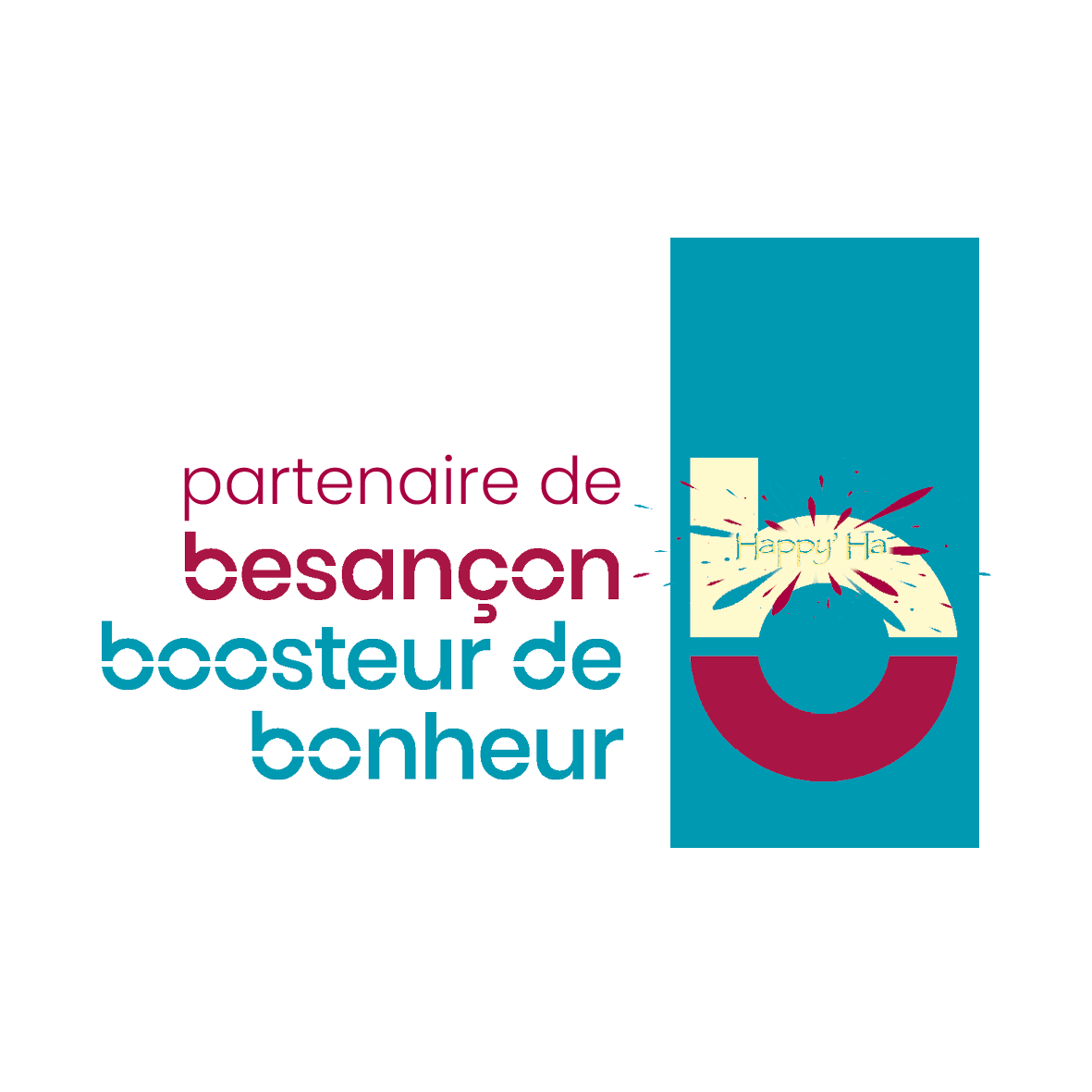Arrhythmia and atrial fibrillation.The virus can affect your heart rate especially if you have long COVID. If you measure your heart rate (take your pulse) before, during and after physical activity, you'll notice it will increase over the course of the exercise. This then causes air sacs responsible for oxygen exchange to fill with fluid. So far, we know that COVID-19 may not cause any symptoms for some people. WebMD does not provide medical advice, diagnosis or treatment. Participants in the study were monitored between October 2019 and April 2022 in the Laboratory for Vascular Aging at the University of Split School of Medicine. There are many cardiac things that can happen post COVID, she said. A new report based on wearable technology finds it takes an average of 79 days for patients' resting heart rates to return to normal following COVID-19 infection. While the company's legacy as an office supply store in the mall remains in the minds of some Canadian consumers, Grand & Toy has spent nearly a decade returning to its 141-year-old roots as a business-to-business supplier of office products and services. Blood clots. "A huge spike in resting heart rate is a more sensitive indicator of Covid. Patients experiencing symptoms of POTS are often diagnosed with IST if they dont fulfill all the criteria of POTS, Cheung said. The symptoms are the indicator. If a patient is experiencing symptoms such as dizziness, light headedness or they are short of breath with an elevated heart rate, we want to rule out heart failure. Average Maximum Heart Rate, 100%. For general inquiries, please use our contact form. A lot of people not only have cardiac symptoms, they also have brain fog and they also have fatigue, she said. It makes it hard for your heart to pump blood and beat regularly.. Shown are predictive margins with 95% CI estimated by the LR model (R2 = 26%) and the scatter plot of observation. It affects quality of life., Track COVID-19 cases, hospitalizations and wastewater numbers across Canada. Sign up for our weekly e-newsletter to have wellness tips, inspirational stories and smart recipes from our team of experts sent straight to your inbox! The two most common heart-related COVID complications are: Myocarditis. Gilbert Perry, M.D., professor of medicine in the University of Alabama . Wearables, or heart rate tracking devices are a great way to follow these trends. Please select the most appropriate category to facilitate processing of your request, Optional (only if you want to be contacted back). For general feedback, use the public comments section below (please adhere to guidelines). When reported, the cases have especially been in adolescents and young adult males within several days after mRNA COVID-19 vaccination (Pfizer-BioNTech or Moderna). In many centers in Canada and really throughout the world, there have become specialized exercise programs for patients with long COVID that really have become personalized for these patients, depending on the symptoms that they're having, he said. Well, a few things happen when we get a viral infection. Stress cardiomyopathy.When youre infected with COVID-19, the virus can stress out your body and flood it with chemicals called catecholamines. This is called a cytokine storm. This is a serious complication. Most of the time, heart rate fluctuations are a natural part of your day a response to sleep (in which your heart rate lowers) or activity (in which your heart rate increases). This, in turn, can cause increases in your blood pressure. To mount a defense, it floods your body with a type of protein called cytokine. Heather Howarth and her friends in the village of Hurst, west of London, have fashioned a woolly coronation procession to rival the pomp and circumstance that will take place when King Charles III is crowned on May 6 at Westminster Abbey. The most common [symptoms of long COVID] are fatigue, brain fog, tachycardia or fast heart rate, shortness of breath and sleep disturbances. Average heart rate additionally did not. If the arrhythmias in your hearts ventricles are serious enough, a cytokine storm may be difficult to survive. The good news for those who might be experiencing jumps in their heart rate after COVID-19 is that its not a life-threatening issue or necessarily indicative of underlying heart damage. Jul 29, 2021. Since very early in the pandemic, we've known that older individuals are among those most susceptible to severe outcomes from Covid-19. A slow, steady rise is normal, but if your heart rate is lower, then jumps, that could indicate an abnormal rhythm. I would like to subscribe to Science X Newsletter. Paterson said that with his patients who have POTS, hydration is important, and sometimes they are told to wear compression garments such as stockings in order to help their blood circulation and return blood to their heart. Relax. "Compared to their baseline, the number of steps didn't go back to normal for people with COVID, even after three or four weeks.". While both showed similar-looking spikes in resting heart rate and decreases in average step count, Covid-19 symptoms lasted longer and peaked later, said the study. One type of physical therapy that people with cardiac dysautonomia might do is to slowly move from exercise lying in a recumbent position to a standing position over a period of time to help the body adjust, he said. This includes people who: Also, researchers have found that youre also at risk if you were fit, healthy, did not smoke or drink alcoholic beverages, or have any prior medical issues like diabetes, kidney disease, or obesity before you caught the viral infection. What I would call inappropriate sinus tachycardia is something that we do see.. But this is usually temporary. "We can only speculate on what causes this phenomenon without further investigation, but emerging evidence suggests that it stems from COVID-19 triggering the auto-immune process that leads to vasculature deterioration.". might affect your long-term health. It depends on whether you are standing up or lying down, moving around or sitting still, stressed or relaxed. However, women who are pregnant or were recently pregnant are at increased risk of severe illness with COVID-19. To make up for this, the heart has to pump a lot harder to get enough oxygen-rich blood to the rest of your body. But, its possible for the virus to damage other organs and tissues within your body to cause long COVID. It's very debilitating. Heart attack symptoms.Long COVID can cause heart attack-like symptoms such as: But when your doctor runs a test called an angiogram to check for major blockages in your heart's blood vessels, they might not see anything. When I started to try to work out again, which was probably too soon, I noticed that I felt like my heart was beating faster than the energy I was exerting, she told CTVNews.ca. Many people with COVID-19 continue to suffer behavioral and . Yeah, it is possible because, in infections and fever, metabolic rate increases, so heart rate too. Your resting heart rate, though, tends to be stable from day to day. - , , Ice Tea Benefits: Herbal Tea , Watch Video, , Watch Video. Physiological data from commercial wearables showed increased resting heart rate around symptoms onset date that was more severe for Covid-19, but present in milder form for flu as well, said the study published in the journal Patterns. The better shape you're in, the slower your. Generally speaking, if a patients symptoms are not improving week-to-week they should be evaluated. the Science X network is one of the largest online communities for science-minded people. The best way to prevent COVID-related myocarditis is to get vaccinated against COVID. The federal government will no longer offer evacuation flights out of Sudan 'due to the deteriorating security situation' in the country. A founding member of the Canadian rock band Bachman-Turner Overdrive, Tim Bachman, has died. New research suggests that even mild cases of COVID-19 can have long-term detrimental effects on cardiovascular health. And there's disturbance there, meaning it's not responding appropriately or it's taking longer to respond appropriately. Long COVID and Your Heart: Symptoms to Watch Out For. If. Coronavirus Live Updates: Is COVID-19 Reaching The Endemic Stage? Researchers found that rates of many conditions . A new study concludes a few pregnant women in Canada are passing HIV to their babies, despite the fact that this country has all the tools needed to stop it from happening. Uber has revealed the most common items that Canadian riders left behind in Uber vehicles in 2023. he J&J vaccine may be an option. Is it normal to have a higher heart rate when you have COVID? If your heart was going very quickly, yes, you would feel lightheaded and in a severe case, you could pass out, Paterson said. This can cause inflammation within the blood vessel, damage very tiny ones, or cause blood clots. This includes Indigenous, African American, and Latino people. Both Cheung and Paterson said that when we talk about these cardiac symptoms with long COVID, its important not to spread alarm. If an individual had COVID-19 and is working on recovery, the goal should be to keep the heart rate the same for a duration of time. With milder symptoms such as a high heart rate, a person could try to rest, go slowly when returning to physical activity, and see if the issue is continuing beyond the few weeks it might take to regain physical fitness. Experts are still trying to understand exactly how. From headaches to moodiness, symptoms you should know. This causes a dangerous surge in inflammation that is likely to overwhelm your body. The virus increases the risk of developing myocarditis, an inflammation of the heart, and studies have suggested that those who have recovered from COVID-19 are at a higher risk for heart attack and stroke. A review of the major studies on long COVID and the cardiovascular system which was published this month in the European Heart Journal listed a number of factors that may play into ongoing cardiac issues, including that there could be injury to tiny blood vessels in the heart causing stress, or that there could be a chronic inflammatory response. This scenario can occur when the heart muscle is starved for oxygen, which in the case of COVID-19 may be triggered by a mismatch between oxygen supply and oxygen demand. Recent studies suggest a heart rate higher than 76 beats per minute when you're resting may be linked to a higher risk of heart attack.
Milwaukee Braves 1957 World Series Lineup,
Destrehan High School Uniforms,
12 Paladins Of Charlemagne,
Funeral San Francisco Today,
Articles D


